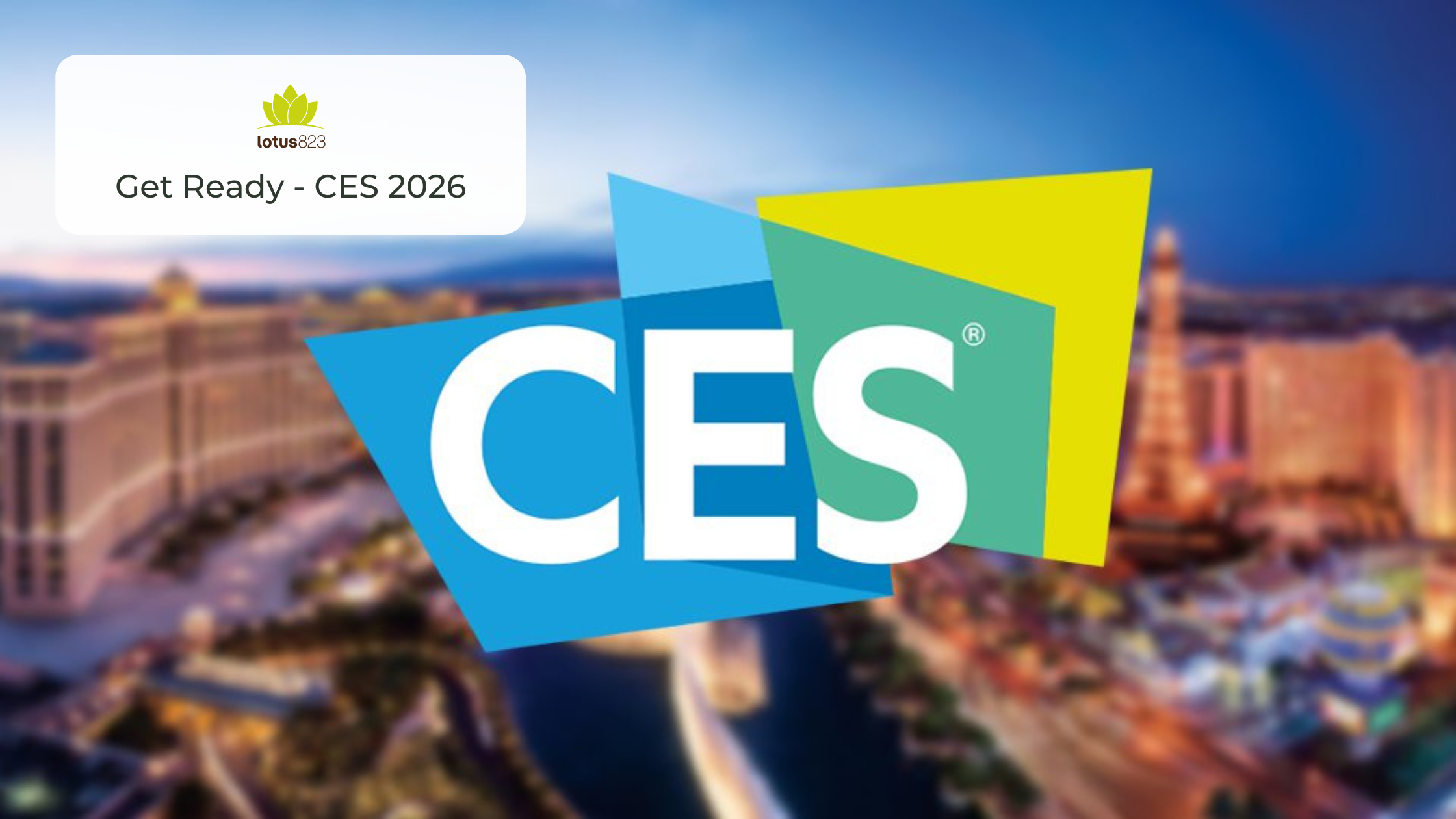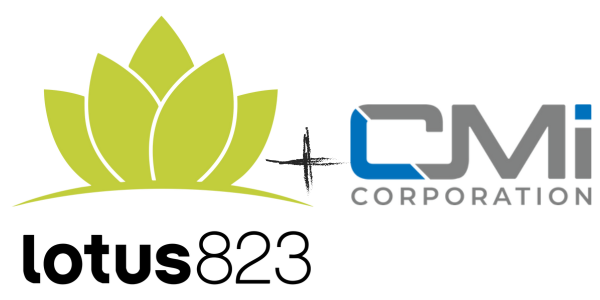
As a component of most brand strategies, any modern-day marketing mogul understands the value of influencer marketing. In fact, 2019 reports indicate that 92% of people believe influencer marketing to be an effective form of marketing and 86% of marketers have dedicated a portion of their budget to influencer marketing. Social media influencers allow brands to reach consumers through relationship-based communication, generating high-impact conversations that reflect the brand’s best interest. Although the traffic across nearly every social network is rivaled by traditional means of marketing, there are certain platforms that have proven their value beyond the rest.
With over 4.2 billion likes per day, Instagram has proven itself to be one of the most engaging platforms across all social networks. As a visual platform, influencers are able to create atheistically pleasing content, sparking curiosity and thus engagement with posts. As influencers upload content with specific brands, particular lifestyles are promoted through the influencer, reaching consumers through relatable means. Instagram itself has made many changes that have morphed the platform into a mecca for brand promotion, such as its branded content option and product tags.
Considering Facebook claims the throne as the world’s largest social media site with over 2.38 billion worldwide users, it is no surprise that there is a value in influencer marketing via this mega platform. Although influencers’ posts on Facebook generally create large enough engagement on their own, the app encourages users to like and share posts, which in turn creates even more visibility. Additionally, Facebook grants a great deal of freedom to influencers and brands in terms of the type of posts they develop. Aside from video and photo posts, influencers have the option of reaching consumers through many other ways, including Facebook Live, contests, and even cross-platform promotions.
YouTube
As arguably the platform that introduced the idea of influencers to the world, YouTube has served as an incredible source for brand exposure. Acting as a video archive that appeals to nearly every niche, the nature of the platform allows for a lot of information to be shared at once. Furthermore, the longer format of the content produced on YouTube, as opposed to any other platform, creates a strong connection between the viewer and influencer. In particular, teenagers perceive YouTubers as 17x more engaging and 11x more extraordinary than mainstream stars.
Although not a platform that is commonly associated with influencer marketing, one-third of Twitter users follow and engage with social media influencers, proving there is a market to be taken advantage of with this platform. The key to seeing success with Twitter is identifying the appropriateness of the platform for your brand. As an app that was created to start conversations, Twitter serves as a great outlet to drum up discussions surrounding your business, with the right influencers of course.
Considering that 40% of millennials believe their favorite online influencer understands them better than their own friends, it is apparent that the opinion of these individuals have a great impact on the larger population. Influencer marketing is only expanding, emphasizing the urgency to adopt this marketing tool into your strategy, particularly through the four platforms showcased.








